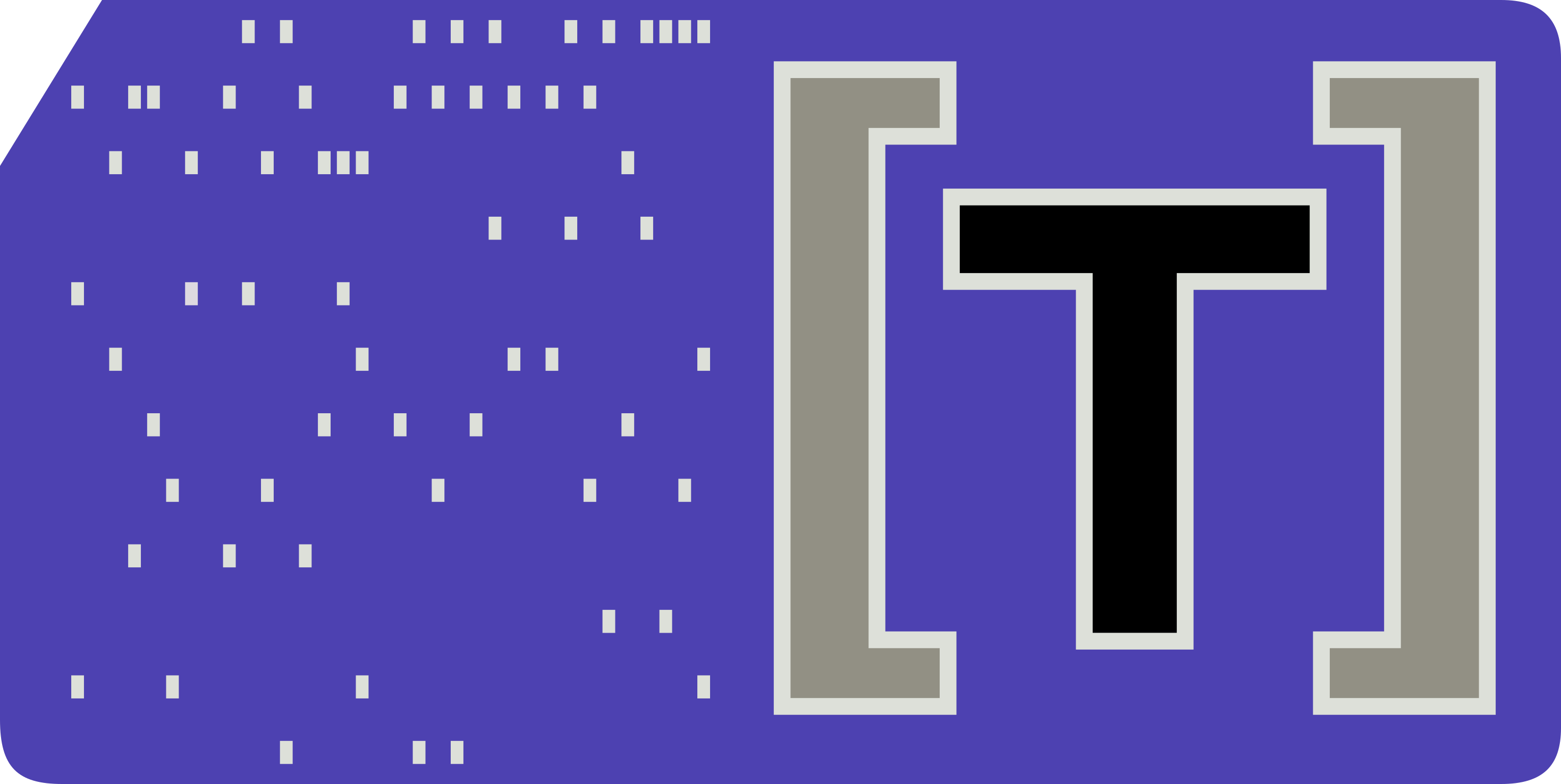A TOML parser implementation for data serialization and deserialization in Fortran.
- the TOML standard
- currently supported TOML v1.0.0 specification
To build this project from the source code in this repository you need to have
- a Fortran compiler supporting Fortran 2008
- meson version 0.53 or newer
- a build-system backend, i.e. ninja version 1.7 or newer
Setup a build with
meson setup _build
You can select the Fortran compiler by the FC environment variable, currently this project supports GCC and Intel compilers.
To compile the project run
meson compile -C _build
To use toml-f in your project, have a look at the example integration with meson.
While meson is the preferred way to build this project it also offers CMake support. Configure the CMake build with
cmake -S. -B_build -GNinja
Similar to meson the compiler can be selected with the FC environment variable.
You can build the project using
cmake --build _build
To include toml-f in your CMake project, check the example integration with CMake.
We employ a validator suite to test the standard compliance of this implementation.
To use this testing a go installation is required.
The installation of the validator suite will be handled by meson automatically without installing into the users go workspace.
Run the tests with
meson test -C _build --print-errorlogs
To run the full decoder test add the benchmark argument. This test will currently fail, due to the implementation not yet supporting Unicode escape sequences.
meson test -C _build --benchmark --print-errorlogs
The binary used for transcribing the TOML documents to the testing format is _build/test/toml2json and can be used to check on per test basis.
The validation suite is currently not supported as unit test for CMake builds and requires a manual setup instead using the toml2json binary.
To build the documentation with ford run
ford -o ./docs docs.md
To make use this library use the tomlf module in your projects.
You can access the indiviual modules but those are not considered part of the public API and might change between versions.
An example program to load and dump a TOML file would look like this:
use tomlf
implicit none
character(len=1), parameter :: nl = new_line('a')
type(toml_table), allocatable :: table
character(kind=tfc, len=:), allocatable :: input_string
type(toml_serializer) :: ser
input_string = &
& '# This is a TOML document.' // nl // &
& 'title = "TOML Example"' // nl // &
& '[owner]' // nl // &
& 'name = "Tom Preston-Werner"' // nl // &
& 'dob = 1979-05-27T07:32:00-08:00 # First class dates' // nl // &
& '[database]' // nl // &
& 'server = "192.168.1.1"' // nl // &
& 'ports = [ 8001, 8001, 8002 ]' // nl // &
& 'connection_max = 5000' // nl // &
& 'enabled = true' // nl // &
& '[servers]' // nl // &
& ' # Indentation (tabs and/or spaces) is allowed but not required' // nl // &
& ' [servers.alpha]' // nl // &
& ' ip = "10.0.0.1"' // nl // &
& ' dc = "eqdc10"' // nl // &
& ' [servers.beta]' // nl // &
& ' ip = "10.0.0.2"' // nl // &
& ' dc = "eqdc10"' // nl // &
& '[clients]' // nl // &
& 'data = [ ["gamma", "delta"], [1, 2] ]' // nl // &
& '# Line breaks are OK when inside arrays' // nl // &
& 'hosts = [' // nl // &
& ' "alpha",' // nl // &
& ' "omega"' // nl // &
& ']'
call toml_parse(table, input_string)
if (allocated(table)) then
call table%accept(ser)
call table%destroy ! not necessary
end if
endHere the TOML document is provided as string, notice that you have to add a newline character by using the intrinsic function new_line("a") to get the lines correctly.
Alternatively, a file can be loaded from any connected, formatted unit using the same overloaded function.
For the standard input the intrinsic input_unit should be passed.
If the TOML file is successfully parsed the table will be allocated and can be written to the standard output by passing the toml_serializer as visitor to the table.
Additionally, detailed examples are provided as well:
- simple reader for a configuration file using
fpm, see example 1
See the contributing guidelines on how to get involved in TOML-Fortran.
TOML-Fortran is free software: you can redistribute it and/or modify it under the terms of the Apache License, Version 2.0 or MIT license at your opinion.
Unless required by applicable law or agreed to in writing, software distributed under the License is distributed on an as is basis, without warranties or conditions of any kind, either express or implied. See the License for the specific language governing permissions and limitations under the License.
Unless you explicitly state otherwise, any contribution intentionally submitted for inclusion in TOML-Fortran by you, as defined in the Apache-2.0 license, shall be dual licensed as above, without any additional terms or conditions.


